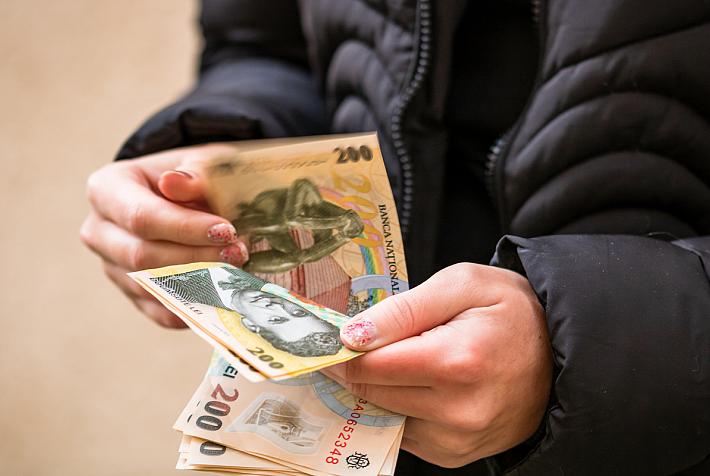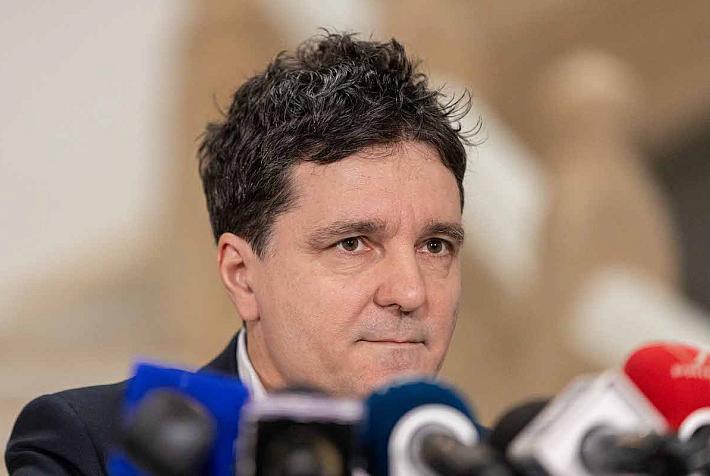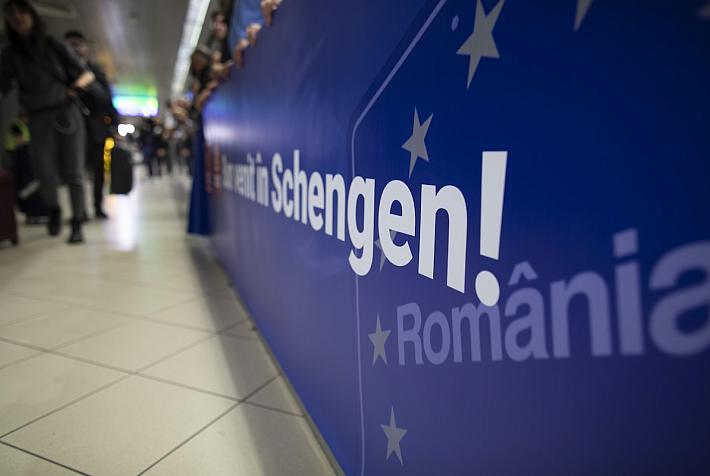EuCham calculates Romania's recovery package at 46% of GDP - second only to Italy's in Europe

EuCham, a "non-governmental institution representing the business sector and its ethical side" with headquarters in Italy and offices in Slovenia and Hungary, based on data supplied by the Government, estimated that the Covid "recovery package" in Romania was among the most consistent in Europe.
"Romanian society has been badly affected in terms of health. Because Covid was a totally unusual situation, Government measures and spending were exceptional. The figures show a much higher expenditure compared to the closest countries [in the region]," says Gema Gabaldón, a researcher in this comparative analysis wondering whether such efforts would lead to quick recovery or unsustainable public indebtedness.
To start with, the estimates launched by EuCham diverge significantly from any rough estimate based on public data. Even under the most flexible assumptions, it is hard to justify the USD 116 mln that EuCham argues that the Romanian Government "poured" (a very vague term not specific to public finance) into the economy.
At the end of 2020, the Government of prime minister Florin Citu - who missed no opportunity to underline his team's efforts and spending dedicated to Covid - came up with a Covid bill of 4.45% of GDP - roughly half of the 9.8% of GDP total (cash) budget deficit. This would be one-tenth of the 46.1%-of-GDP "recovery package" calculated by Eucham.
Compared to the national GDP, the recovery package in Romania was the second-strongest in Europe: 46.1%, not far from Italy's 46.5%, according to EuCham. In per-capita terms, Romania also ranks high with USD 5,984 spent - in the top ten and ahead of the United Kingdom (USD 5,930).
The research is based on the extra expenditure made to alleviate the pandemic consequences. It compares the total value of economic support and recovery packages from March 2020 to date that each of the analysed countries has provided to mitigate the negative impacts of the crisis.
The economic measures included by EuCham (estimated at USD 115 mln) refer to budget spending [related to Covid, other than direct health-related], increased investment, foregone revenue (any tax reduction, customs clearance waiver, temporary suspension of tourist taxes, reversible loss of corporate income tax, temporary interest rate reduction, VAT refund for certain sectors/projects, etc.), social security payments (soft loans, tax deferrals, written-off social security contributions), loans and guarantees (direct support to reserve funds and/or state-backed credit guarantees, credit guarantees and/or collateral for loans).
iulian@romania-insider.com
(Photo source: Dreamstime.com)













